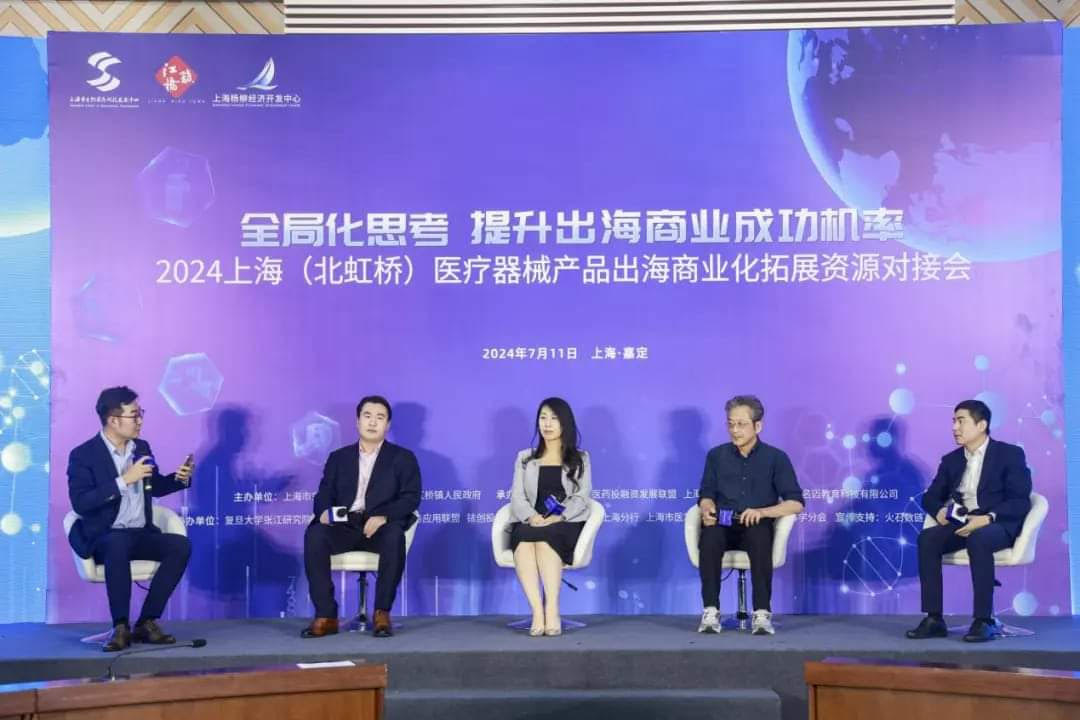Vice President Thomas Jaw of VCRO Shanghai was invited as a lecturer for the event. He provided an overview of the overall logic of FDA overseas registration for medical device products, including product classification, selecting regulatory pathways, applicable regulations and guidelines, as well as practical examples of material submission. Vice President Jaw proposed a reverse thinking approach. For example, when a foreign company wants to enter China, it is most likely to first find local partners or distributors or establish a joint venture. By offering the performance characteristics, competitive advantages, and favorable pricing of its products, it can help its distributors secure strong competitive conditions and gain early access through partners’ communication with regulatory agencies. From the perspective of FDA regulatory pathways, it typically follows the routes of clinical exemption, 510(k), and PMA for medical device products, with increasing difficulty levels. He also emphasized the importance of utilizing free consultation channels with the FDA during the application process to shorten the access time.
The event gathered government departments, financial investment institutions, third-party medical device service agencies, and industry experts and scholars to discuss the opportunities and challenges of overseas commercialization of medical device products. The content was rich, and attendees left with valuable insights and new collaboration opportunities.
For more details, please see the link to the article below: https://mp.weixin.qq.com/s/2ea9iGKhQGXwJQDmFaqucA

